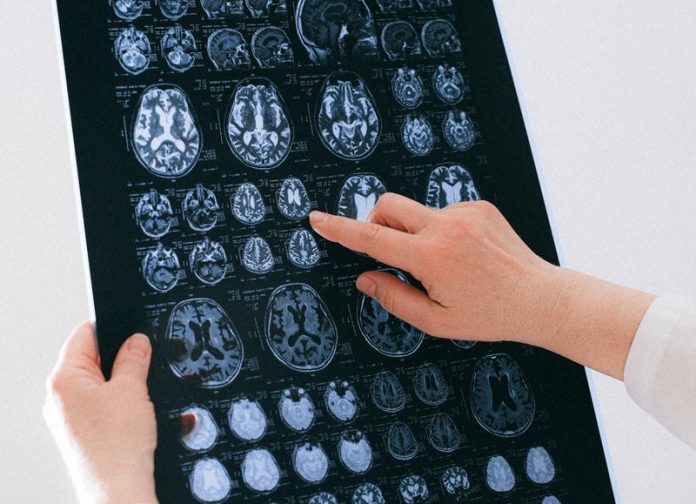
In a new study from Thomas Jefferson University, researchers found that approximately one in 100 patients hospitalized with COVID-19 will likely develop complications of the central nervous system.
These can include stroke, hemorrhage, and other potentially fatal complications. These central nervous system complications represent a significant cause of morbidity and mortality in this devastating pandemic.
This is the largest multi-institutional international study to date on brain complications of COVID-19.
The team initiated the study after discovering that existing literature on central nervous system complications in hospitalized COVID-19 infected patients was based on a relatively small number of cases.
They analyzed nearly 40,000 cases of hospitalized COVID-19 positive patients from seven U.S. and four western European university hospitals.
The patients had been admitted between September 2019 and June 2020. Their average age was 66 years old, and there were twice as many men as women.
The most common cause of admission was confusion and altered mental status, followed by fever. Many of the patients had comorbidities like hypertension, cardiac disease and diabetes.
There were 442 acute neuroimaging findings that were most likely associated with the viral infection. The overall incidence of central nervous system complications in this large patient group was 1.2%.
The team found of all the inpatients who had imaging such as MRI or a CT scan of brain, the exam was positive approximately 10% of the time.
The incidence of 1.2% means that a little more than one in 100 patients admitted to the hospital with COVID-19 are going to have a brain problem of some sort.
The most common complication was ischemic stroke, with an incidence of 6.2%, followed by intracranial hemorrhage (3.72%) and encephalitis (0.47%), an inflammation of the brain.
The researchers also discovered a small percentage of unusual findings, such as inflammation of the brain and spinal cord, and a syndrome that mimics many of the symptoms of a stroke.
The team says it is important to know an accurate incidence of all the major central nervous system complications. There should probably be a low threshold to order brain imaging for patients with COVID-19.
If you care about COVID, please read studies about which vaccines elicit the strongest immune responses and findings of these two things that are the key to suppressing COVID-19.
For more information about brain health, please see recent studies about Brain tumors: Do you know the symptoms? and results showing that even mild cases of COVID-19 leave a mark on the brain.
The study was presented at the annual meeting of the Radiological Society of North America (RSNA). One author of the study is Scott H. Faro, M.D., FASFNR.
Copyright © 2021 Knowridge Science Report. All rights reserved.



